Search
Search Results
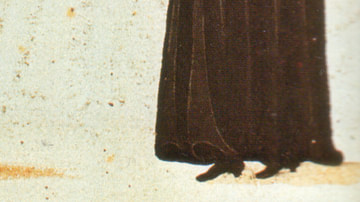
Image
Herald of Arms
An illustration of a royal herald of arms bearing the helm and crest of Elisabeth I of England (r. 1558-1603 CE) during her funeral in 1603 CE. The figure is wearing the tabard typical of heralds since medieval times and which bears the royal...
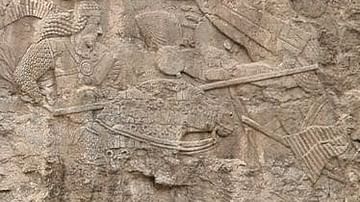
Image
Ardashir I Unseats Artabanus, Firuzabad Relief
Ardashir I unseats Artabanus, Firuzabad Relief, Iran, 224-241 CE
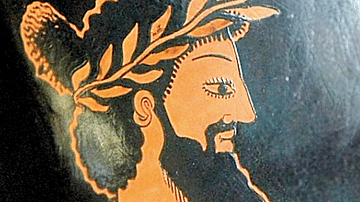
Image
Red-Figure Depiction of Croesus
A depiction of Croesus (r. 560-546 BCE), the King of Lydia on a Greek red-figure pottery vase. Lydia was a region in western Asia Minor (modern-day Turkey) and was so wealthy that the expression "as rich as Croesus" originates in reference...

Image
Sassanian and Parthian Riders on the Firuzabad Relief
A Persian seizes his Parthian opponent, Firuzabad Relief, Iran, 224-241 CE.

Image
Eszterháza Palace, Hungary
An aerial view of Eszterháza Palace, Hungary, first built in the 1760s by Nikolaus I, Prince Esterházy ‘the Magnificent’ (l. 1714-1790). (Daniel Somogyi-Tóth, www.legifotok.hu)
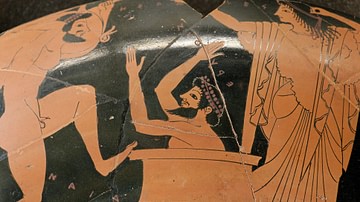
Definition
The Children of Heracles
The Children of Heracles (Heraclidae) is one of Euripides' lesser known and least popular works, as is the myth surrounding the tragedy play. Its date is also uncertain, possibly written in the late 430s or early 420s BCE. The play revolves...
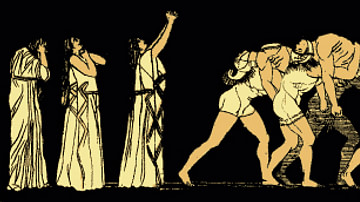
Definition
Suppliants by Euripides
The Suppliants (also given as Suppliant Women) is a Greek tragedy written by Euripides, not to be confused with Aeschylus' tragedy of the same title. Its exact date of production is not known, possibly around 424 to 420 BCE, and may have...
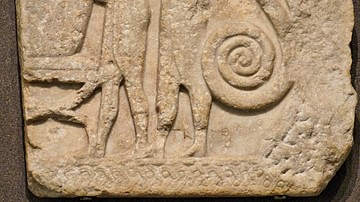
Definition
Agamemnon (Play)
The play Agamemnon was written by one of the greatest Greek tragedians Aeschylus (c. 525 – 455 BCE), “Father of Greek Tragedy.” Older than both Sophocles and Euripides, he was the most popular and influential of all tragedians...
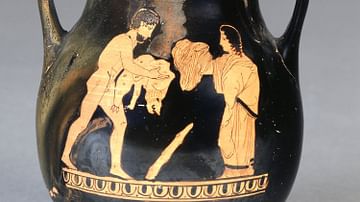
Definition
Women of Trachis
Women of Trachis is a Greek tragedy, one of Sophocles' (c. 496 BCE - c. 406 BCE) lesser-known works, the only one that does not deal with the aftermath of the Trojan War, rather it is concerned with the death of the Greek hero Heracles (or...
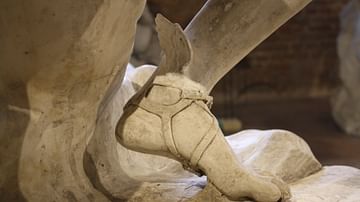
Definition
Hermes
Hermes was the ancient Greek god of trade, wealth, luck, fertility, animal husbandry, sleep, language, thieves, and travel. One of the cleverest and most mischievous of the 12 Olympian gods, Hermes was their herald and messenger. In that...